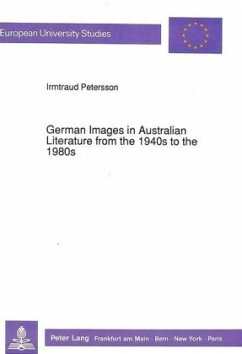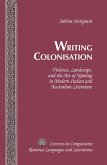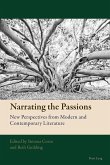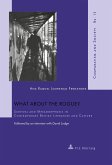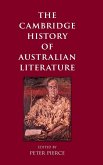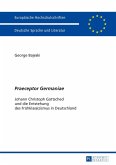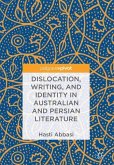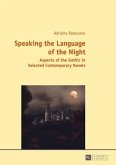This cross-cultural study examines German-Australian relations by tracing patterns of representation in Australian writing. The imagological approach enables comparisons to be made among a wide range of texts and of authors as diverse as Martin Boyd, Dymphna Cusack, Thomas Keneally, David Martin, E.O. Schlunke, Patrick White. The most common German images and stereotypes found are those associated with rural environment and romantic imagination on the one hand, and with savagery and barbarity represented by Nazism on the other. The significance of such images often links up with Australian perception of the 'Old World' and its cultural legacy, thus being part of the process of Australian self-definition and self-understanding.
"This is a book of considerable theoretical sophistication, written without jargon in a lively accessible style. It should be read by anyone interested in cultural questions and the systematic interpretation and evaluation of the modern and contemporary Australian novel." (Vivian Smith, Australian Literary Studies)
"Petersson's dissertation is in many ways an excellent study, competent and excitingly presented. ... She succeeds in elucidating the change that has come about in Germany's literary image and the reasons for this, thus making her study of relevance not only for literary theory but for sociological theory as well." (Horst Priessnitz, Meridian)
"Petersson's dissertation is in many ways an excellent study, competent and excitingly presented. ... She succeeds in elucidating the change that has come about in Germany's literary image and the reasons for this, thus making her study of relevance not only for literary theory but for sociological theory as well." (Horst Priessnitz, Meridian)

